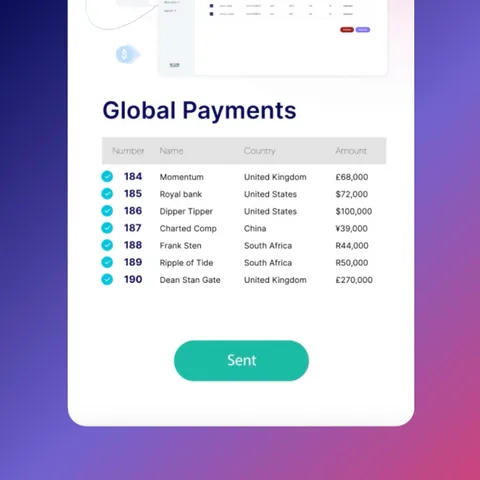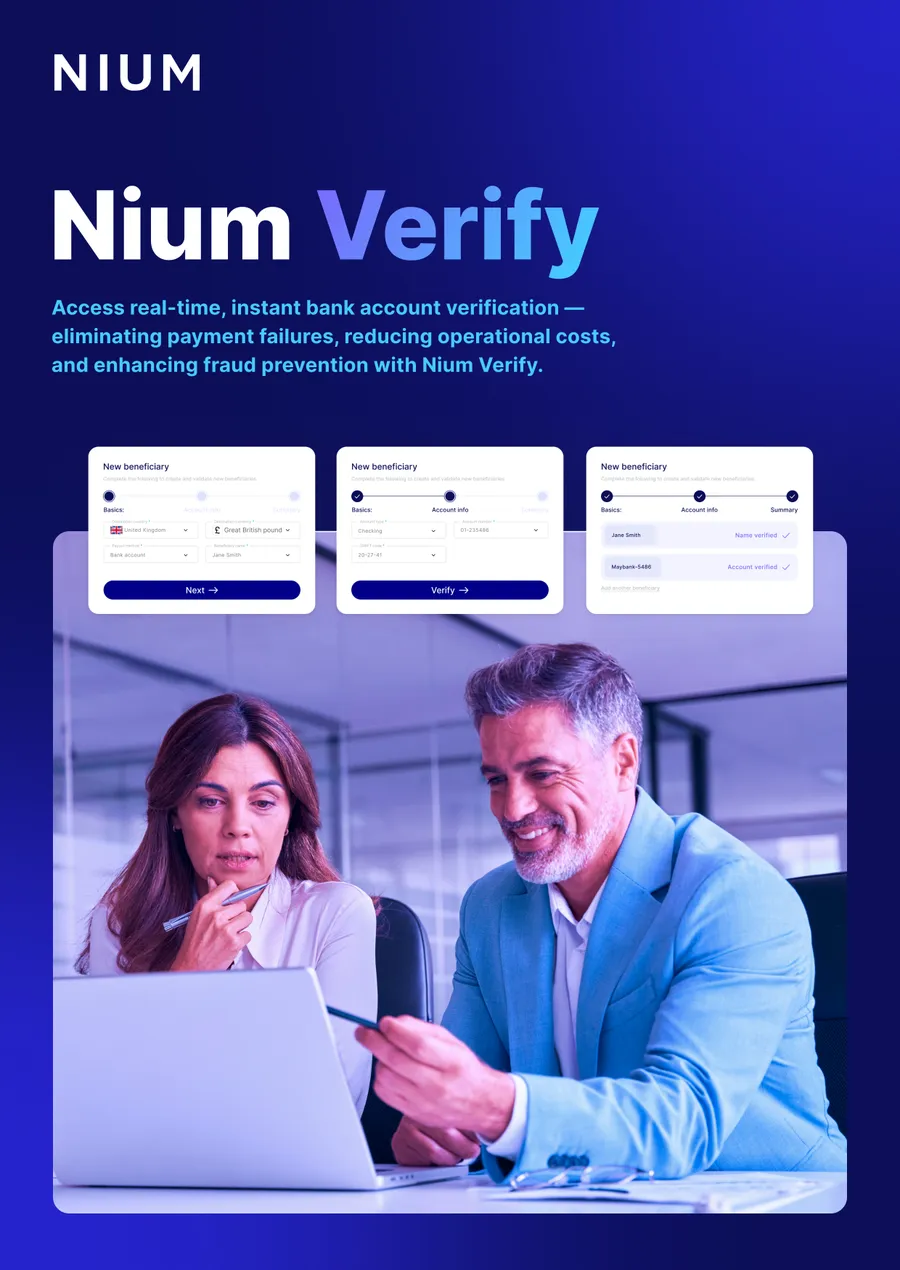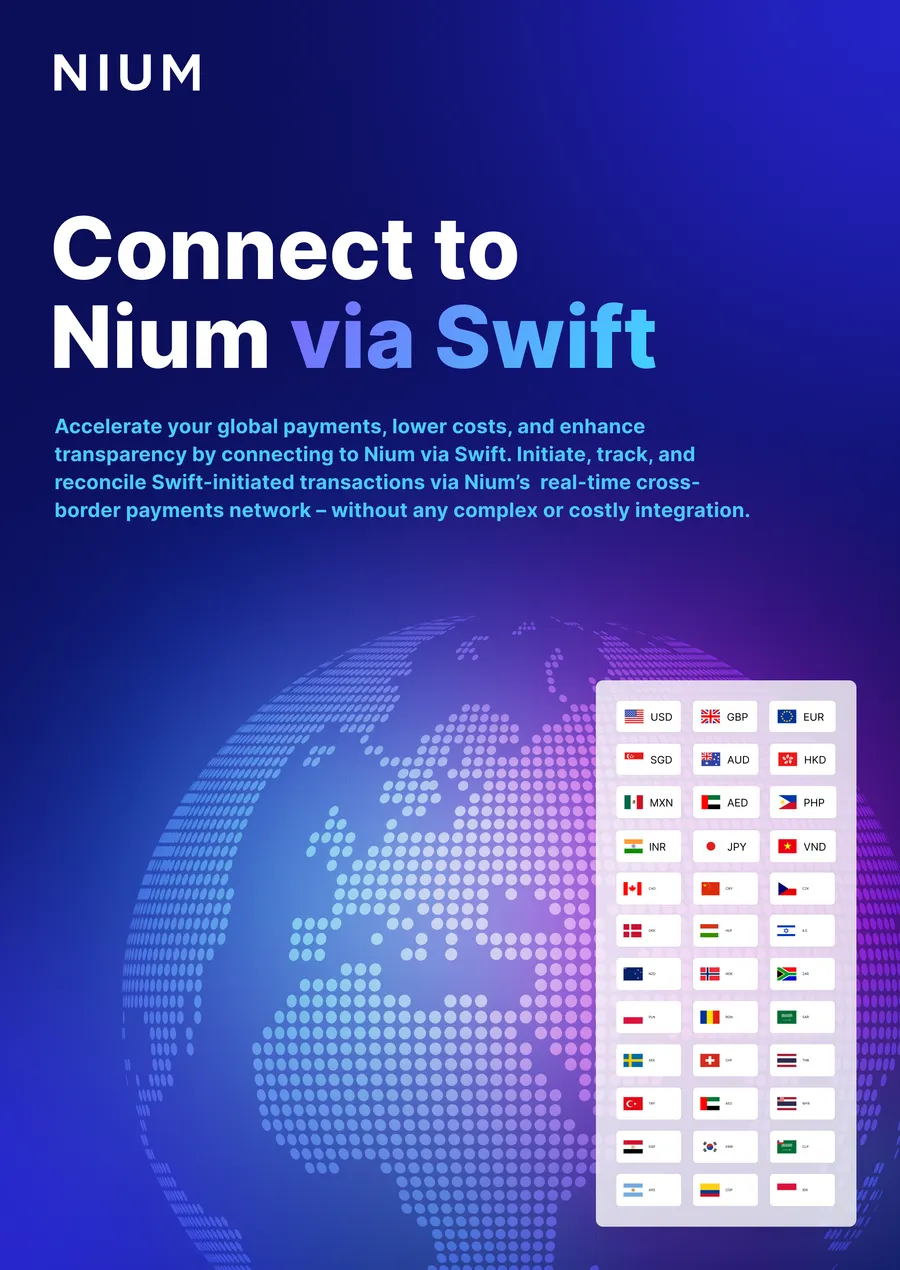Global payments infrastructure is going through a rapid transformation, thus it is becoming a critical factor for businesses to adapt to these changes as well as the complexities that come along with it. Cross-border trade relies heavily on global payment infrastructure, and peoples lives depend on the reliable delivery of funds. The 0.1% of payments which might fail are critical to the customer. If a payment fails, customers have the right to know exactly why and where. At Nium, we take this very seriously, hence our diligent effort of parsing all banking integrations and reworking 75% of our return codes to include meaningful responses as per ISO standards.
Challenges with Non-Standardized Processes
Cross-border payments infrastructure includes diverse financial networks and clearing systems, and these systems often use different protocols and formats for processing transactions. Coping and adapting to these discrete standards of financial networks becomes a daunting task for businesses due to:
- Lack of Transparency: Both businesses and consumers complain about the lack of transparency in cross-border payment systems. This challenge aggravates when it comes to payment failures and lack of standardization of return reasons. Every bank has its own nomenclature for return codes and reasons. The lack of a common language to understand the payment failure reason results in further delay in mitigating the issue for the underlying business and consumer.
- Costly Disputes: Disputes can arise when cross-border payments go awry, such as when the wrong recipient is credited, or the payment is made in error. Without standardized processes for resolving disputes, fintech companies may incur significant costs and delays in addressing customer complaints.
- Delays and Uncertainty: Consumers who use fintech platforms for cross-border payments may experience delays in receiving refunds or correcting payment errors. The lack of standardization can create uncertainty and frustration.
How Did Nium Solve the Problem?
Nium does the heavy lifting of transforming the discrete payment systems messaging formats into a global standard driven by ISO20022, which is the de facto messaging standard for financial transactions. As a result, Nium sifts through the complexities and nuances of chaotic financial networks and exposes a simplified version of messages in the form of standard ISO20022 messages format.
Example 1:
Non standard return reason - BIC is not available in TIPS
ISO20022 Standard
ISO Code - RC01
Reason code - BankIdentifierIncorrect
Description - Bank Identifier code specified in the message has an incorrect format (formerly IncorrectFormatForRoutingCode).
Example 2:
Non standard return reason - Order canceled due to inexistent CPF
ISO20022 Standard
ISO Code - RR12
Reason code - BankIdentifierIncorrect
Description - Bank Identifier code specified in the message has an incorrect format (formerly IncorrectFormatForRoutingCode).
How can you benefit from Return Payments standardization ?
- Enhanced Interoperability: One of the primary reasons for global payment infrastructure standardization is to enhance interoperability. Standardization creates a common language for financial institutions, payment service providers, and payment networks to communicate seamlessly, facilitating the exchange of funds across borders.
- Data Analysis: Standardization of return reasons provides better data insights to our clients, which can further help them to use this data to understand and improve errors impacting their profitability. For example, learning why certain payments are rejected or require investigation will allow them to improve their processes, save time, and reduce costs and resources.
- Business Automation: Standardization of return reasons can help businesses to automate their processes. For example, some businesses may want to charge their customers for a return payment on providing incorrect account information or may want to block a customer if all their transactions fail due to compliance reasons. These processes can be easily automated if there is a standard return reason code for each payment failure. One can build rules and mitigation strategies on top of these standard codes for all kinds of payment failures.
- Enhanced Customer Experience: Inconsistent and slow payment return processes can lead to customer dissatisfaction. Fintechs may struggle to maintain customer trust and loyalty when returns are not handled promptly and effectively. Standardized systems provide a consistent and predictable payment experience, whether you are making a purchase online or sending money to a family member abroad. This enhances trust and confidence in the financial system.
Nium has done the extensive exercise to analyze all our return codes and updated ~75% of the return codes to ISO20022 standard. If you’d like to learn more about how you can optimize your payments, please contact us here.
.png@webp)




.png@webp)
.png@webp)
.png@webp)





